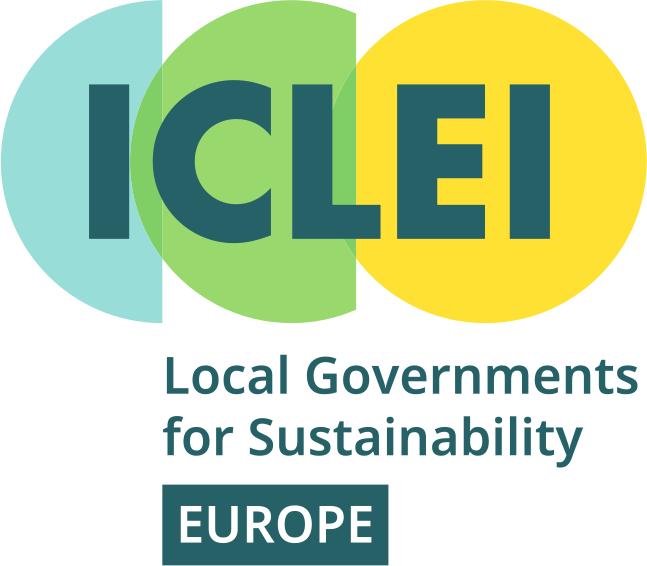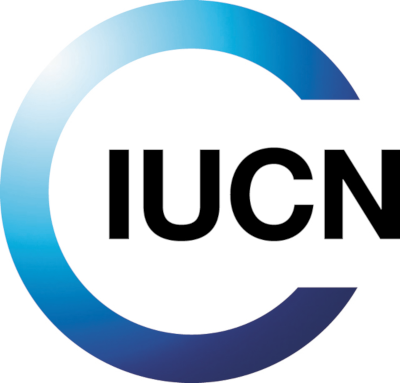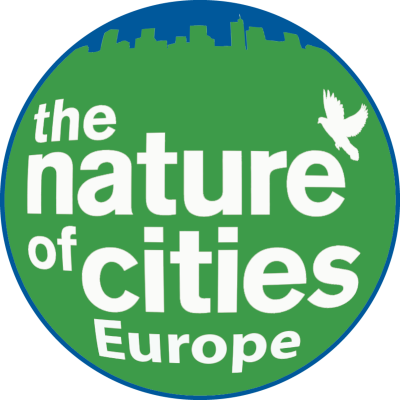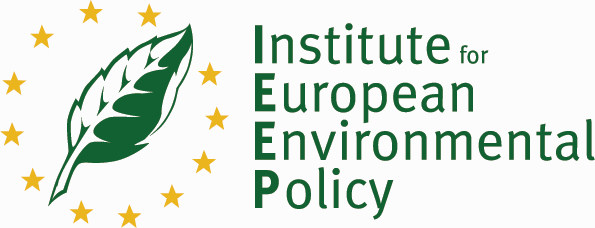
In light of the United Nations Decade on Ecosystem Restoration and as part of the current semester theme, ICLEI, an official partner of the UN Decade, via NetworkNature organised a workshop to share international experiences on ecosystem restoration as a nature-based solution. The workshop aimed to bring together diverse stakeholders to reflect on the opportunities for ecosystem restoration at global, regional (EU) and local scales. In total about 110 participants joined this event.
To share and discuss about the experiences, commitments and actions on this topic of ecosystem restoration, speakers from WWF, SER, UNEP - UN Decade representative, and DG ENV (European Commission) were invited:
-
Thierry Lucas, EU Policy Advisor at United Nations Environmental Programme
-
Dr Ravic Nijbroek, Senior Advisor at WWF Germany
-
Kris Decleer, Board member at Society for Ecological Restoration International
-
Ben Caspar, Environmental Policy Advisor at European Commission
Contributions from specific ecosystem restoration cases and projects were also provided by:
-
Flávia Araujo, WWF Brasil
-
Saul Ciriaco, University of Trieste
-
Jaime Hernandez Garcia, CONEXUS project
Last but not least, the current NetworkNature semester theme expert Dr Mario Balzan, presented the analysis of the 43 case studies collected during this semester on Ecosystem Restoration. More details will be available in due course on the website.
At the plenary session, policymakers were asked about how to tackle the risks of greenwashing and the complexity of restoring ecosystems, to which answers have included capacity building and networking at global and local scales, and the development of a set of indicators and legally binding targets for EU member states. The challenge of going beyond disciplines and establishing partnerships was also discussed, with speakers recognizing the importance of starting stakeholder engagement and collaboration early during ecosystem restoration projects and of also involving vulnerable and indigenous communities. The challenge of bringing partners and stakeholders around the same table is certainly a challenging one but is rewarding and will have significant impacts on the long-term achievements of the project.
The main Insights from the workshop are as follows:
Shreya Utkarsh opened the workshop by providing an overview of the objectives of NetworkNature as a Horizon 2020 Coordination and Support Action and how it is consolidating, supporting, and expanding the community of practice and raising awareness of nature-based solutions to increase uptake and impact.
Thierry Lucas, EU Policy Advisor at United Nations Environment Programme (UNEP), described the objectives of the UN Decade on Ecosystem Restoration and explained how UNEP and FAO are co-leading the implementation of the Decade with a vision of worldwide health and wellbeing for all life on earth and future generations. He described the three pathways of achieving a global movement, political will and technical capacity to upscale and replicate existing restoration projects across ecosystems based on 10 principles for good ecosystem restoration.
Benjamin Casper, Environmental Policy Advisor at the European Commission DG ENVIRONMENT, discussed the ambitions of the EU Nature Restoration Law, with the latter being described as ground-breaking since it will include a legally binding set of targets to restore diverse types of ecosystems in all member states.
Dr Ravic Nijbroek, Senior Advisor from WWF Germany, focused on the importance of grasslands and rangelands, and the need to dedicate resources to develop a better understanding of the drivers and threats to ecological processes in these ecosystems. Around 54% of the land on our planet consists of grass-dominated ecosystems, and 80% of the total food-producing land is in grasslands or areas formally grasslands and yet they are conspicuously absent from global agendas, public and private sector commitments, and policies. He explained how WWF has recently established the Global Grasslands & Savannahs Initiative (GGSI) to strengthen the proposition for grasslands and savannahs, building a global coalition in support of natural ecosystems, beyond forests.
Kris Decleer, Senior Researcher at the Research Institute for Nature and Forest (INBO) and a member of the Board of Directors at the Society for Ecological Restoration (SER) described the SER restoration continuum concept and explained how interventions vary according to the objectives of remediating and rehabilitating ecosystems or to assist the recovery of native ecosystems, the latter termed as ecosystem restoration. Kris also gave an overview of the work being carried out by SER who has prepared standards of good practice for planning and implementing ecological restoration.
Dr Mario Balzan gave an overview of the work that has been carried out during the NetworkNature Ecosystem Restoration semester and explained that, following an open call, a total of 43 case studies, from 23 countries and 5 continents, have been submitted by practitioners. The case-studies were invited to the workshop, offering an opportunity to bring together global and regional policymakers with decision-makers and practitioners working at national and local scales. Mario discussed how some ecosystems appear to be better tackled by ecosystem restoration efforts and that while the societal challenges of ameliorating and restoring biodiversity and increasing resilience to climate change are addressed, other societal challenges, particularly those in the social-economic domain, appear to be less well covered. He then introduced three case-studies from Brasil, Italy and the CONEXUS project that have participated in the NetworkNature Ecosystem Restoration open call.
Flávia Araujo, WWF Brasil, gave an overview of ecological restoration efforts in the Guariroba basin, Brasil, and explained how extensive work has been carried out to establish partnerships with key stakeholders and create a seed network with local communities. This has brought extra income to families, empowered women and the appreciation towards traditional knowledge has grown. Active and passive ecological restoration methodologies were implemented within the project.
Saul Ciriaco, WWF Miramare MPA, gave an overview of the work carried out in the EU LIFE project Promoting biodiversity enhancement by Restoration Of Cystoseira POPulations (LIFE16 NAT/IT/000816). He explained how Cystoseira forests are important to sequester carbon dioxide, but they are dramatically declining due to anthropogenic impacts. Restoration actions carried out have included the reintroduction and implantation of Cystoseira cultured juveniles, with advantages in terms of time, costs and ecological impact.
Finally, the Horizon 2020 project CONEXUS, was presented by Juan David Amaya. CONEXUS is a four-year project that will provide accessible knowledge on how to restore natural ecosystems; improve the quality of life in and around cities; and support collaboration between Latin America and Europe. Juan David presented a review of existing literature that has been carried out by the project that has identified the goals of existing nature-based solutions implementation, and explained that tackling ecological connectivity, water management and access to green space were the 3 dominant challenges tackled using nature-based solutions in this review.
Many thanks to all our speakers and audience for a fruitful and interesting session. To continue the discussion, join the TNOC festival on 30th March 16:00-17:30 (CET) for our closing session for this semester on Ecosystem Restoration.
Be sure to watch the full session.











